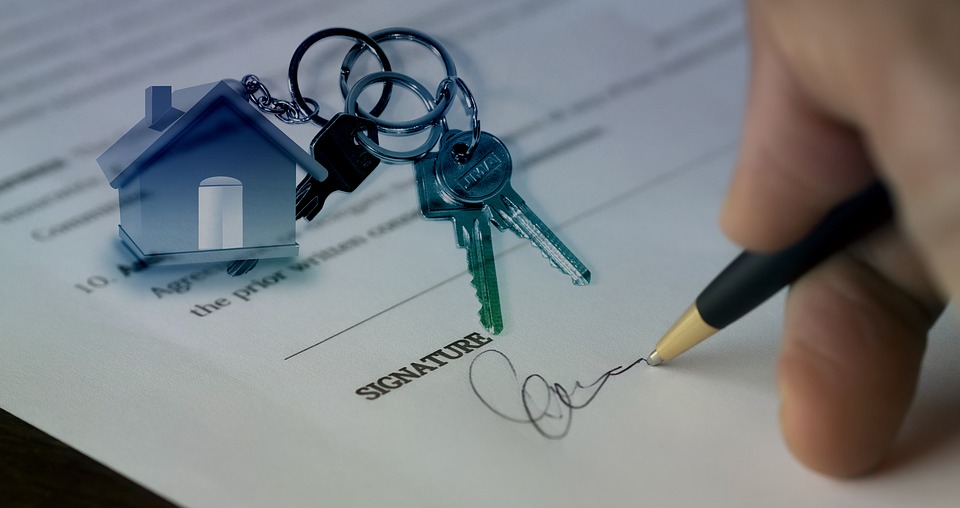Budget: Additional Dwelling Supplement increase ‘damning’ for property sector

Scotland’s property sector has responded with disappointment to an announcement in the 2025-26 Budget that the Additional Dwelling Supplement (ADS) will increase from 6% to 8%.
Cabinet secretary for finance and local government Shona Robison’s budget plans for the year ahead included a number of measures aimed at investing in more affordable homes with a target of 8,000 new properties for social rent, mid-market rent and low-cost home ownership. She also pledged to invest £300 million in upgrading heat and insulation.
However, details also emerged to increase the tax supplement on purchases of second homes from 6% to 8%. Critics have bemoaned the fact the substantial rise was brought in with no notice, impacting many property transactions as purchasers now have to find an additional 2% of the property transaction cost overnight.
Property portal ESPC highlighted that a typical two-bed flat in Leith commanded an ADS bill of approximately £14,792 before the Budget, but the same property would come with a bill of £19,723 today. The additional £5,000 cost is large, but more concerning is the timeframe for introduction. Unless missives were already concluded by 4th December, this additional fee is now due.
ESPC said this will likely cause some buyers to withdraw from transactions due to the financial strain. Within 24 hours of this announcement, the organisation said it is receiving multiple notifications from ESPC solicitor estate agent member firms of concerned purchasers regarding withdrawing from their transactions causing havoc for multiple buyers and sellers.
Paul Hilton, ESPC CEO, said: “Paul McLennan, minister for housing for Scotland, recently said that Scotland’s landlords have the right to make a ‘return’ on their investment. Things have just got harder in that respect.
“In the face of a Housing Emergency and with a desperate need for more landlords to enter the market, the Scottish Government has put more barriers in place. In my opinion, this will only continue the cycle of lack of supply within the private rented sector, continuing the shortage of property overall which is a primary cause of the national housing emergency.
“I have said for some time that landlords should be exempt from ADS. We need more, not less, buy-to-let landlords to help provide much needed rental properties. Not to mention reluctant or accidental landlords, who for a number of reasons may technically ‘own’ two properties.”
Propertymark said the increase will cause many buy-to-let investors to pay more in taxes, calling the decision “wrong and out of touch”.
Many buy-to-let investors have to pay a tax bill of £11,900 due to the Land and Buildings Transaction Tax on an extra property worth £185,000, which was raised by 6% by the Scottish Government on 16th December 2022.
Propertymark stressed that the Scottish Government should reduce the 6% Additional Dwelling Supplement on purchases of buy-to-let properties because it would encourage investment by cutting the cost of purchasing a second home. This would then lead to more investment in the private rental sector among landlords, it said.
Timothy Douglas, head of policy and campaigns, said: “With huge demand for private rented property and long-term rent control measures contained in the Housing Bill, the Scottish Government’s decision to raise Additional Dwelling Supplement under Land and Buildings Transaction Tax from six to eight per cent is quite simply wrong and out of touch with the housing needs of Scotland. The decision leaves Scotland as the most expensive place in the UK to rent out a property and will further discourage new landlords to take on much needed private rented property to let.
“Whilst Propertymark has long called for a review of Land and Buildings Transaction Tax, and the Scottish Government has now committed to do this through the Budget, ultimately with between tenancy rent caps planned and impending minimum energy efficiency rules for private rented property, raising yet more taxes on the private rented sector will do nothing to tackle the housing emergency and only raise rents further and put the burden of these costs on tenants.”
Gregor Duthie, legal director at Gilson Gray, added: “The Scottish Budget announcement has once again wrong-footed the property investment market overnight. The rate of ADS has been increased from 6% to 8% with immediate effect. Whilst the headlines refer to additional charges on ‘second homeowners’, the scope of ADS is much wider and affects small scale buy-to-let landlords, short-term letting owners, and any dwelling being purchased into a company name.
“The increase in the tax being levied on these purchases has a significant impact on investor cashflow, and with changes being brought into effect from today, buyers are left with little chance to review their model.
“Any transactions which were subject to a concluded contract prior to the budget announcement will be unaffected and will benefit from paying ADS at the previous 6% rate. However, for any purchases which are currently in progress, the significant 2% overnight raise will have a detrimental effect and will no doubt be a concern for many investors.”









